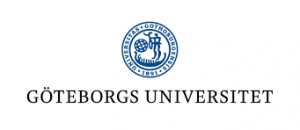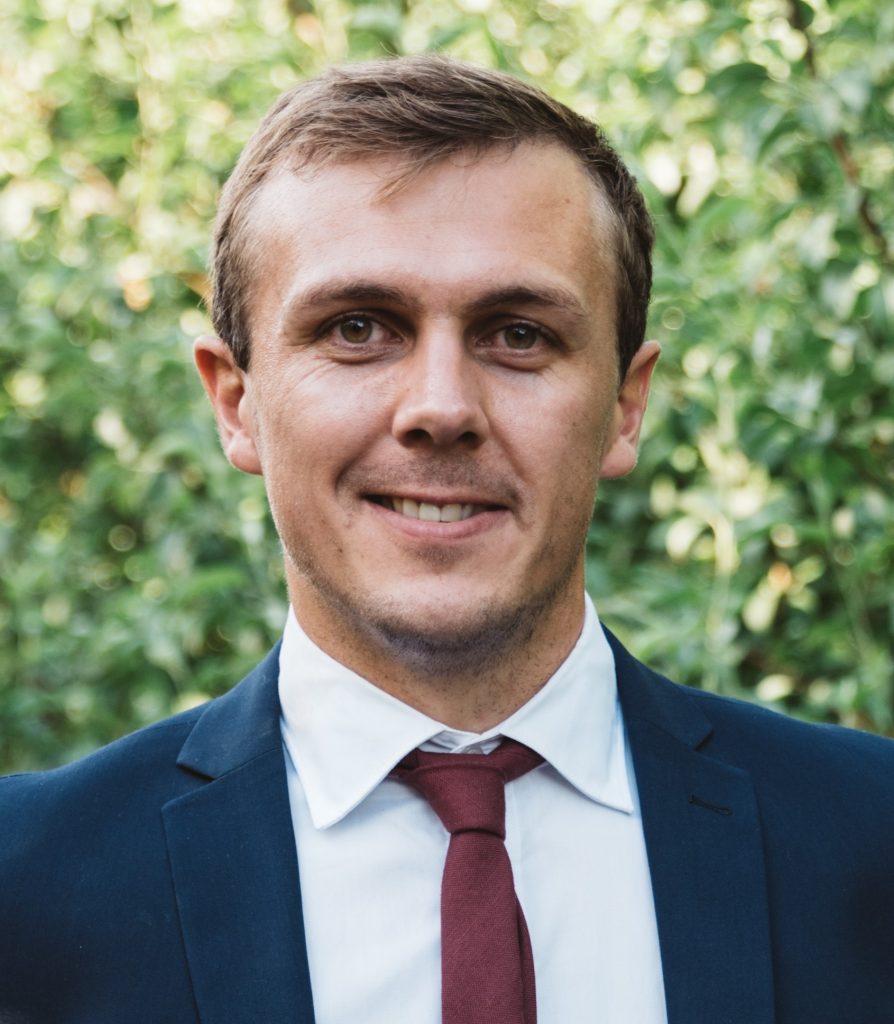Questo sito web utilizza i cookie per potervi offrire la migliore esperienza d'uso possibile. Le informazioni contenute nei cookie vengono memorizzate nel browser dell'utente e svolgono funzioni quali il riconoscimento dell'utente quando torna sul nostro sito web e l'aiuto al nostro team per capire quali sezioni del sito web sono più interessanti e utili per l'utente.

Partner Presentation
The University of Gothenburg (UGOT; http://www.gu.se) is among the largest universities in Northern Europe (approx. 37,000 students and 6,000 employees). With its eight faculties, UGOT is also the most wide-ranging and versatile university in Sweden. UGOT is an active international university engaged in collaborative projects and partnerships all over the world. In FP7, UGOT participated in approximately 180 projects, both as a coordinator and a partner and is to date participating in about 70 projects in H2020. Strong research and attractive study programmes attract scientists and students from around the world. With new knowledge and new perspectives, the University contributes to a better future.
The Department of Marine Sciences, the Faculty of Science, University of Gothenburg, was recently launched (July 1, 2015) with the purpose to achieve the vision of "A University of marine research, teaching and cooperation of the highest international class". The department has about 160 employees - researchers, teachers, students, technicians and administrators. The department carries out teaching and research in the various marine specializations, biology, oceanography, chemistry, and marine geology. Research is conducted both within specialized individual projects as well as within larger interdisciplinary programs. The Department is situated in Gothenburg and at the University's research stations at Tjärnö and Kristineberg. The current position is placed in Gothenburg.
Within the Department of Marine Sciences, the polar research group is dedicated to the study of both the Arctic and Antarctic Oceans, focusing in particular on observing the ocean circulation in Polar Seas and its variations using a combination of ship-based field work and autonomous platforms (AUVs, Gliders, Animal tags). The polar regions form an important part of the Earth's climate system, where we are currently seeing great changes such as rising temperatures and the shrinking of the sea ice cover. Rapid climate changes are investigated combining observing and modeling approaches, with special attention to the fate of the Antarctic ice sheet, variations in sea ice cover and the link to the global overturning circulation.
Role in project
University of Gothenburg contributes to three of the science work packages (WP) in the project. UGOT leads the WPs on air-sea fluxes (WP1: S. Swart) and on the Weddell Polynya (WP4: F. Roquet and S. Swart), and is partner on the WP on upper ocean ventilation pathways (WP2: S. Swart). UGOT will deploy in situ ocean platforms, namely autonomous surface vehicles and ocean gliders in the marginal ice zone of the Weddell Polynya, develop and run a high-resolution simulation of the Maud Rise area to investigate processes that control the Polynya formation and persistence, and to analyse Polynya impacts on large-scale ocean circulation using the CMEMS GLORYS ocean reanalysis products.
Key Personnel

Sebastiaan Swart
Co-Chair of the international Southern Ocean Observing System

Fabien Roquet
Physical oceanographer
Birte Gülk
PhD student

Marcel Du Plessis
Post-doctoral researcher
